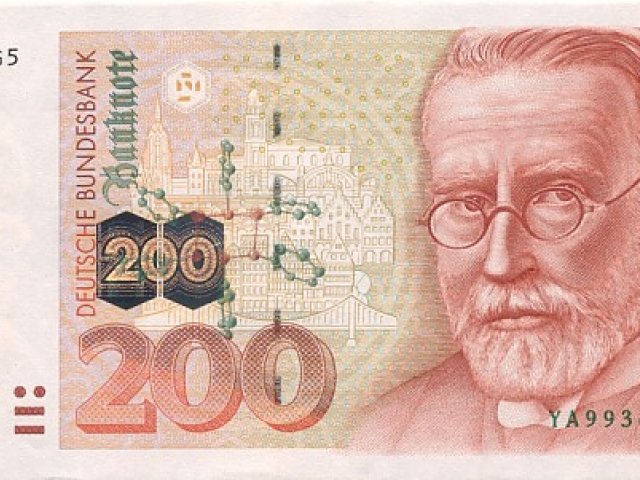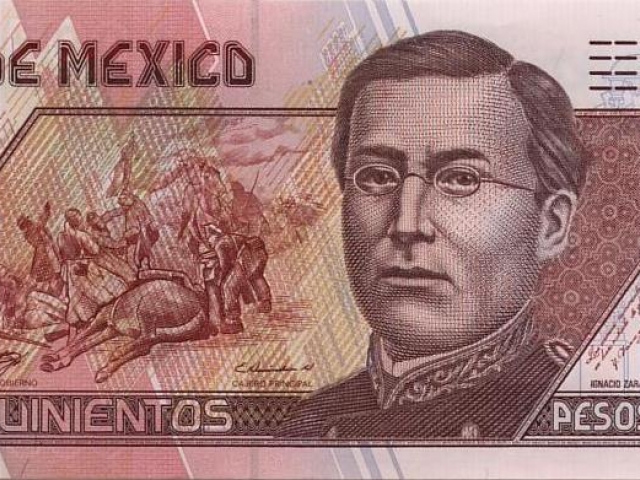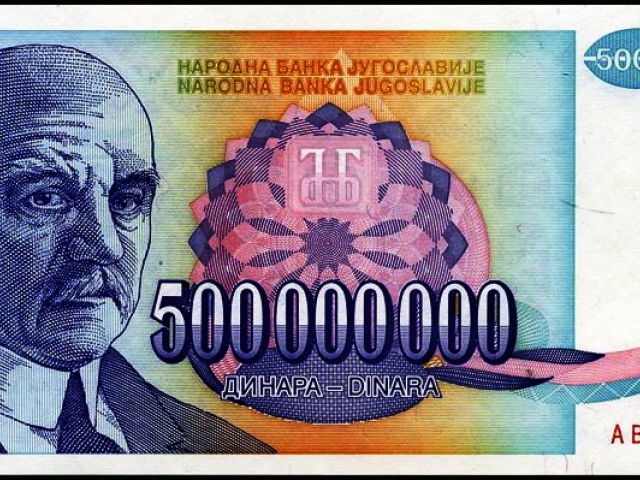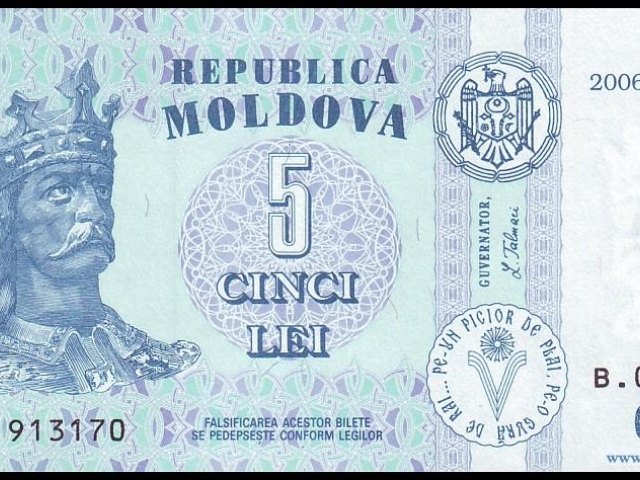
Top 7 winter drinks from around the world
Winter is the perfect time to curl up in a warm blanket and enjoy drinks that bring coziness and holiday cheer. Here are seven winter drinks that are perfect for cold days




Default is a synonym for a non-fulfillment of financial obligations by an individual, company or state in full or in a stipulated period. In the case of the state, default means that the country is unable to pay its debts or at all refuses them. Here you can find a selection of major government defaults that occurred after the Second World War.

1. Germany, XX century. All the past century, Germany either fought or recovered from wars, and the payment of the post-war debts could be completed only in October 2010. By that time it's almost a century after the outbreak of the First World War. In 1919, the Versailles Peace Treaty was signed, under which Germany pledged to pay 269 billion marks. After Adolf Hitler came to power, all payments ceased and resumed only after World War II. As a result, from 1990 to 2010, almost € 200 million of interest were paid, and on October 3, 2010, the final tranche was paid.

2. USA, 1971. In the US economy, there were situations when the country announced defaults. The most significant of them occurred in 1971. In the mid-1960s, French President Charles de Gaulle decided to exchange the dollar reserves of the country and supplied the currency to the United States by ships. This example was contagious, it was followed by Germany and many other countries. In August 1971, US President Richard Nixon had to announce a default. After that, the price of gold jumped, and the dollar was devalued by almost 70%.

3. Mexico, 1982. In the mid-1970s, the profits of the Mexican oil industry accounted for more than 70% of total exports. However, Mexico borrowed the funds for implementing large-scale projects inside the country, financing state enterprises and importing equipment from other countries, and by the beginning of the 1980s, the country's foreign debt amounted to $90 billion. With the fall in energy prices, Mexico became the largest debtor. The national currency was devalued, hyperinflation reached 3,700% per year. The default resulted in a rejection of the model of state capitalism and a series of economic reforms.

4. Yugoslavia, 1983. The cause of the default in Yugoslavia, as in Mexico, was the oil crisis. Foreign exchange earnings from exports were not enough to cover a huge debt: by the end of 1982 it was $20 billion. In the same year, Washington intervened in the situation, and then the Yugoslav government declared a 90-day default and a moratorium to pay off the debt. After that, Belgrade managed to pay debts to private foreign banks and sign agreements with them on restructuring the rest of the debt.

5. Brazil, 1987. In February 1987, Brazilian President Jose Sarney announced the suspension of payments for foreign loans. The amount of the country's external debt at that time reached $67 billion. By the end of the same year, the situation was resolved by concluding new contracts with foreign banks. As a result, Brazil began to pay interest, and the main debt was restructured.

6. Russia, 1998. After the collapse of the USSR, Russia was forced to apply for loans. By the end of 1997, Russia's external and internal debts amounted to 50% of the country's GDP - more than $350 billion. Government revenues sharply fell due to lower commodity prices, and due to the crisis, foreign creditors refused to give loans. In July 1998, Russia received a loan from the IMF of $17.1 billion, but in August the ruble collapsed, and the government declared a technical default. As a result of the default, the ruble rate fell 4 times to the dollar, the budget lost more than 50 billion rubles, and the GDP collapsed by 10%.

7. Argentina, early 2000's. At the end of the 20th century, Argentina was repeatedly swept by the waves of devaluation. In order to stabilize the economy, reforms were carried out. The result was a decrease in the inflation rate from 5,000% in 1989 to 1% in 1997, but the national debt of the country was $132 billion. In the summer of 2001, Argentina received a loan from the IMF for $8 billion, but almost immediately, realizing its uselessness, the fund refused to transfer the next tranche. In the end, in an attempt to repay the debt with funds from pension funds and not having received a result, in 2003 Argentina declared a default on the IMF's debts.

8. Moldova, 2002. When in 2001, Moldova missed the payment deadline for Eurobonds, it began a gradual reduction in purchases of securities. In June 2002, the country declared a default on bonds worth $70 million. Without a declaration of a default, Moldova would have to pay interest on debts amounting to about 70% of the total budget. A month after the adoption of the restructuring agreement, the country received a postponement to repay the debt.

9. Ecuador, 2008. In that year, the president of Ecuador, Rafael Correa, declared a default in the country, refusing to pay $30 million on foreign bonds. The papers were called illegitimate. This definition was also given to the country's external debt of $10.6 billion, which the president proposed to restructure. However, in February 2009, Ecuador embraced a new default: the government refused to pay $135 million in debt. Only in May 2009, the country managed to buy back 91% of defaulted bonds with a large discount.

10. Greece, 2012. The most notorious defaults of recent years belong to Greece. Problems in its economy jeopardize the well-being of many EU countries. In 2012, the country had two defaults - in February and December - for a total of $177 billion. In general, Greece's debt-to-GDP ratio exceeded 140% by the end of 2011. For a long time, the country concealed this fact and had the opportunity to receive new loans until the deception was revealed. Then, after the denial of the tranches, the Greek government asked for help from the European Union, and its leaders reacted with understanding to the situation in the country.

Winter is the perfect time to curl up in a warm blanket and enjoy drinks that bring coziness and holiday cheer. Here are seven winter drinks that are perfect for cold days

Despite the widespread belief that ultra-wealthy individuals are leaving big cities in search of privacy, most still prefer to live in bustling metropolises, according to the latest billionaire census conducted by Altrata. Let's explore which cities today have the largest concentration of people with a fortune exceeding $1 billion

The European Union currently includes 27 member states, but the interest in joining continues to grow, with an increasing number of countries aspiring to become part of the bloc. This article highlights the countries advancing toward European integration and examines where they stand on this path